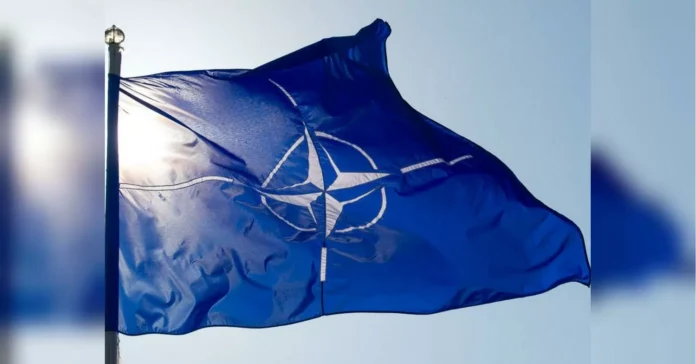In a recent article published by La Repubblica, several conditions were outlined under which NATO may intervene in a war. The Italian newspaper, known for its in-depth coverage of international affairs, highlighted the importance of these conditions in maintaining peace and stability in the world.
NATO, or the North Atlantic Treaty Organization, is a military alliance of 30 countries from North America and Europe. It was formed in 1949 with the aim of safeguarding the security and freedom of its member states. Over the years, NATO has played a crucial role in maintaining peace and security in the Euro-Atlantic region and beyond.
The article in La Repubblica emphasized that NATO’s intervention in a war is not a decision to be taken lightly. It requires careful consideration of various factors and adherence to certain conditions. The first condition mentioned was the existence of a threat to the security of one or more NATO member states. This threat could come in the form of an armed attack, aggression, or any other hostile act.
The second condition is the exhaustion of all diplomatic efforts to resolve the conflict peacefully. NATO’s primary goal is to prevent conflicts from escalating into full-blown wars. Therefore, all diplomatic channels must be explored and exhausted before considering military intervention.
The third condition is the approval of the United Nations Security Council. As an international organization, NATO operates within the framework of the UN and respects its decisions. The Security Council’s approval is crucial in ensuring that NATO’s intervention is in line with international law and has the support of the international community.
Another important condition mentioned in the article is the support of the majority of NATO member states. As a collective defense alliance, NATO’s decisions are made by consensus among its members. Therefore, any intervention in a war must have the support of the majority of member states.
Furthermore, the article highlighted the importance of a clear and achievable objective for NATO’s intervention. The alliance’s military action must have a specific goal and a plan to achieve it. This ensures that the intervention is not open-ended and has a clear end goal in sight.
The article also mentioned the need for a legitimate authority to request NATO’s intervention. This could be a government, an international organization, or a coalition of countries. NATO does not intervene in conflicts without a legitimate request from a recognized authority.
Lastly, the article emphasized the importance of considering the potential consequences of NATO’s intervention. Military action can have far-reaching consequences, and therefore, all possible outcomes must be carefully evaluated before making a decision.
La Repubblica’s article serves as a reminder of the responsibility and careful consideration that goes into NATO’s decision to intervene in a war. The alliance’s actions are guided by a set of conditions that prioritize the preservation of peace and security.
NATO’s intervention in a war is not a decision to be taken lightly, and the conditions outlined by La Repubblica reflect the alliance’s commitment to upholding international law and promoting stability in the world. As the world continues to face various conflicts and threats, it is essential to remember the importance of these conditions in maintaining peace and security.

